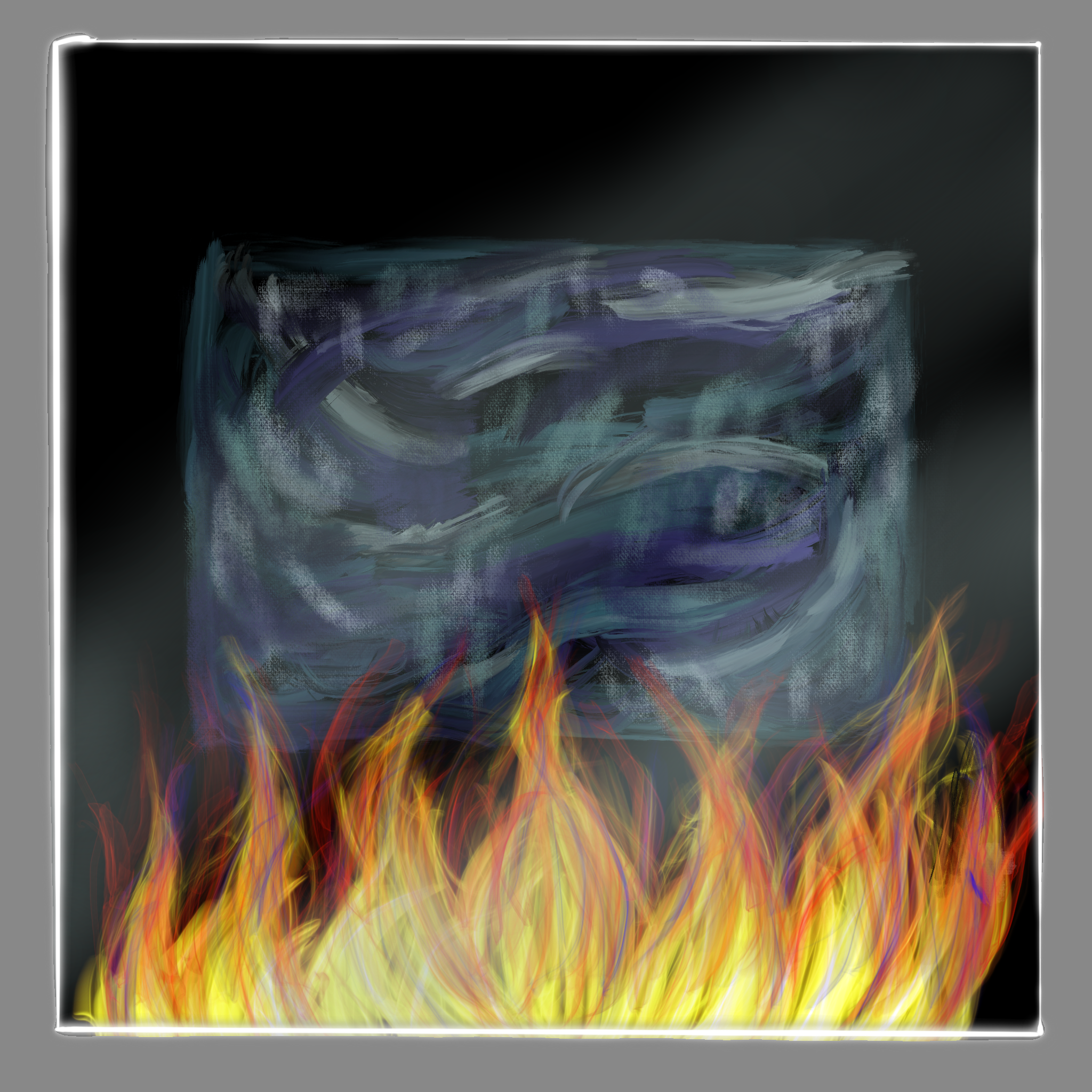
Judy and Rachel leave off from last episode’s discussion of topics in Michelle Zauner’s keynote, this time focusing on family dynamics. Family and upbringing play emphasized roles in Asian culture. In this episode of AmericAZN Girl, Judy and Rachel reflect on Asian parenting and navigating family relationships. They also discuss how their experiences might shape their own approach towards parenting and raising children.
Judy: Hey everyone, my name is Judy.
Rachel: And my name is Rachel and you’re listening to AmericAZN, an Asian girl podcast where we girl-chat about the intersection of our Asian identities and girlhoods.
Judy: So last episode, we talked about Michelle Zauner’s keynote, and we addressed cultural identities through food and belonging. Following this exploration of Asian identity, we want to discuss family dynamics in today’s episode, so I think a good place to start off with is: who do you consider as a part of a family? So Rachel, who do you live with and who are you close to?
Rachel: I live with my mom and my dad, and it’s just the three of us, but my extended family – we’re all in Seoul. So, I would say that we’re pretty close in proximity to each other. And I’m mainly the closest to my mom.
Judy: Yeah, I live with my mom, my dad and my younger sister. Because my immediate family is in California, I’m pretty removed from my extended family in China. For who I’m closest to, probably my mom. I’m not as close but I am on very good relations with my dad and my sister, just not as close as I’d say with my mom. Do you have any recent or favorite bonding memories, or moments, that you have with your family or vacations?
Rachel: This summer, because we were preparing for me to go to the States and stuff, we did try to spend a lot of time together as a family. And also, before we got to Evanston, we were traveling around a bit in the States, and I think it was a really good time for us to bond just because we hadn’t had a real family vacation in a long time. And because they were kind of sending me off, it was also kind of emotional.
Judy: For family vacations, I’ve always thought it’s weird since before I went to college, I was afraid that my dynamics or my closeness with my family would kind of fade or I’d grow distant once I got to college, and that when I’d come back for breaks, it would feel a lot different and feel a little bit of distance. But, now that it’s been a year since I’m at college, I feel like every single time I go back, it’s just the exact same as before, which I’m very appreciative of. So the big question is, do you consider yourself a family person?
Rachel: I feel like when I was younger and going through puberty and rebelling and stuff, I was like, ‘Oh, my God, I want to get out of this house.’ But, I feel like this past year, because I’ve been in the mindset of preparing myself to go to America alone and all of that, I’ve been more appreciative of them. And, I feel more like aware of all the time that we’re spending together is important and is gonna keep me going when I’m away.
Judy: Yeah, ‘cause I didn’t think I was a family person until probably the pandemic when I got to spend so much – too much – time with family, and then I got a lot closer with them. And then, from there, I was like, ‘Oh, wow. Family is very valuable to me, or I value family a lot.’ So, I think since then, I’ve become a lot more of a family person. It’s pretty much not replaceable. When are you going to have bonds like this, in this context, with people who are, you know, 30 something years older than you? I think about that sometimes.
Rachel: I think you just kind of take it for granted, I feel like, just the familiarity of everything and the routine that you’ve built.
Judy: So I just want to move on to one topic of focus within the family realm, which is parents, because parents are a really big part of, I think, Asian cultures, because they are the head of the house and have a very big influence on their children. So, how do you define “tiger parents?”
Rachel: When I envision a “tiger parent,” I would say it’s a parent who has really high expectations for their child and pushes them, even maybe to their detriment, to accomplish things.
Judy: I think this probably comes from a place of tough love.
Rachel: I feel like a lot of Asian parents want their children to be stable, and that can sometimes translate into making them feel like they have to be super ambitious about stuff.
Judy: Yeah. I think because they care so much about the children, they don’t want their children to be in situations that would cause them – parents – to worry, like financial safety, physical safety and all that stuff.
Rachel: Yeah.
Judy: So there are expectations, like ‘Oh, if you land a lucrative job, go to a really prestigious university, the chances of you being in those situations will lessen.’ So, the parents would worry less, and that’s pretty much where it comes from. So yeah, I mean, are your parents “tiger parents,” do you think?
Rachel: Okay, honestly, I feel like compared to my friends, though, my mom and dad were very supportive, but they never really pushed me to do anything that I didn’t want to do. They gave me a lot of independence to figure out what I wanted to do in high school. And, I really appreciated that because I feel like I have a strong sense of what I like and what I don’t like.
Judy: Because I think for my mom – I think it’s funny, because she definitely tried. I think she pushed me towards things that she thought I would enjoy and thought I would succeed and I would like, which is, of course, with an eye towards money and safety and that stuff, but also towards things that she noticed as I grew up. She saw me grow up from when I was zero to 19, so she knows me very well in that way. So, that’s why, seeing me in that light, I think she had her own plans of what I should do, which she thought would most align with me. I think it’s interesting that way just because all my majors, my post-grad plans right now are basically things that my mom told me to do. But, she did it with an eye thinking that I would actually enjoy this sort of stuff, so journalism, MMSS, consulting.
Rachel: Have you ever thought about what you want your family to look like in the future?
Judy: Number one: I probably want kids. I say that now but, it’s not something I’d actually want to do past three because I can barely take care of myself. So yeah, that’s step one. Step two: I think in terms of where I would want to sort of settle down and start a family, I think I do want to shelter them in some way just because I was sheltered. So, which involves living in a suburban, more well-off-place neighborhood.
Rachel: Do you think you would want to be like a “tiger parent?”
Judy: That’s the way I grew up and that’s something that I don’t think was terrible. I think it was right in many ways, like exactly how I was parented by my own mom and dad. So in some ways, I will probably be a little over-controlling in some ways. And, I think that – the over-controlling part – also comes a little bit from being an older sister. I definitely was not prescriptive, but definitely had strong suggestions about what my younger sister could be doing, pursuing or not doing. I guess for you, do you have any thoughts?
Rachel: For kids, I used to be so scared of the idea of having kids, but now I’m more open to it. I think that the freedom that my parents gave me was pretty good, but I feel like I’d want them to try a lot of things out when they are younger. So, especially with sports and instruments, I just want them to try out and see what they like.
Judy: Were you not given the sort of freedom or opportunities to try different things out when you were growing up?
Rachel: I feel I was given the opportunity, but I just didn’t want to do it. I feel like if I just kept at it for a little longer, I would have found it to be rewarding.
Judy: So in that way, you’d be more of a “tiger parent” and push them to stick with it for a while and until when you’re older when you decide like, ‘Yeah, I don’t like it for sure,’ then you can quit. That’s funny because I definitely remember growing up, my parents – my mom – would sign me up for every single extracurricular possible. And then, I think for me, I continued it because my mom kept signing me up for it. I definitely felt really bad about quitting.
Judy: Oh, and then also just, what kind of places, if you’ve ever thought about what kind of place would you want to settle if you started a family?
Rachel: I’ve debated a lot about whether I want to go back to Korea or not. And, I still don’t really know, because I feel like with America, there’s just so many aspects of life that are politicized. But if I were in Korea, then my kids wouldn’t really have to think about that, like their race as much.
Judy: Yeah, I guess I’ve never really thought of it in that way, and it’s not like I have an option really elsewhere other than settling in the US. So, what you said about race being politicized and having to be something that’s conscious in your brain growing up is definitely a big part of the Asian American experience.
Rachel: So, Asian culture puts a lot of emphasis on family in general, but they’re definitely all unique in their own ways. And, I thought it was interesting hearing about the similarities and differences between our own experiences.
Judy: Yeah, it was a really great conversation. Thanks for listening to AmericAZN Girl. I’m Judy.
Rachel: And I’m Rachel, and we’ll see you in the next episode.



